 |
| April 28, 2020 |
Dear Reader,
Although there is very little data backing the idea that hydroxychloroquine works against coronavirus infection, the fervor surrounding it has created drug shortages. According to researchers, the surge in demand has also affected enrollment in studies for other potential treatments and could complicate their interpretation of results. Today's top story explores how a combination of social-control measures, medications and a vaccine could end the pandemic. The rest of our roundup features more of the latest news and updates on the COVID-19 crisis. |
| | Sunya Bhutta, Senior Editor, Audience Engagement
@sunyaaa | |
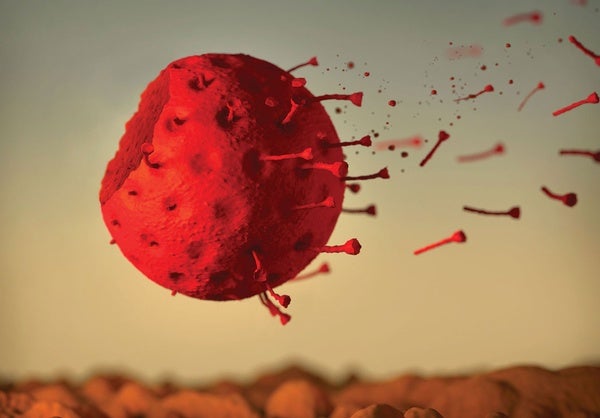 |
| |
| |
| |
| |
| |
| |
| |
| COVID-19: What the Autopsies Reveal Pathologists are starting to get a closer look at the damage that COVID-19 does to the body by carefully examining the internal organs of people who have died from the novel coronavirus. |  | By W. Wayt Gibbs,Steve Mirsky | | | |
| |
FROM THE STORE
 | | The Secrets of Consciousness Consciousness is more than mere awareness. It's how we experience the world, how we turn input into experience. Once the province of philosophy, religion or perhaps fantasy, neuroscientists have added a scientific voice to the discussion, using available medical technology to explore just what separates so-called "mind" from brain. In this eBook, we look at what science has to say about one of humankind's most fundamental, existential mysteries. |  | | |
| |
| |
LATEST ISSUES
 |
| |
| Questions? Comments?  | |
| Download the Scientific American App |
| |
| |



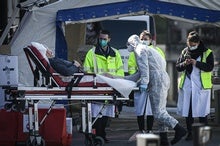
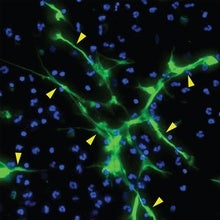

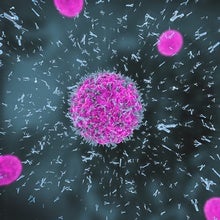

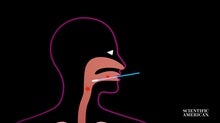
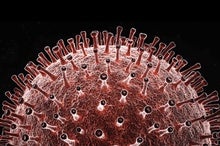

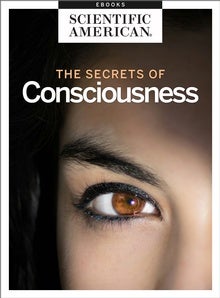

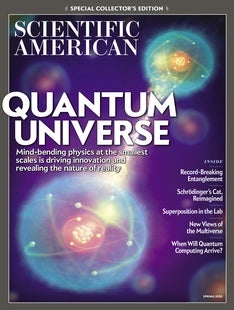

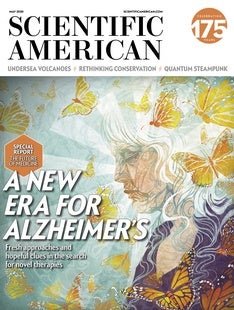
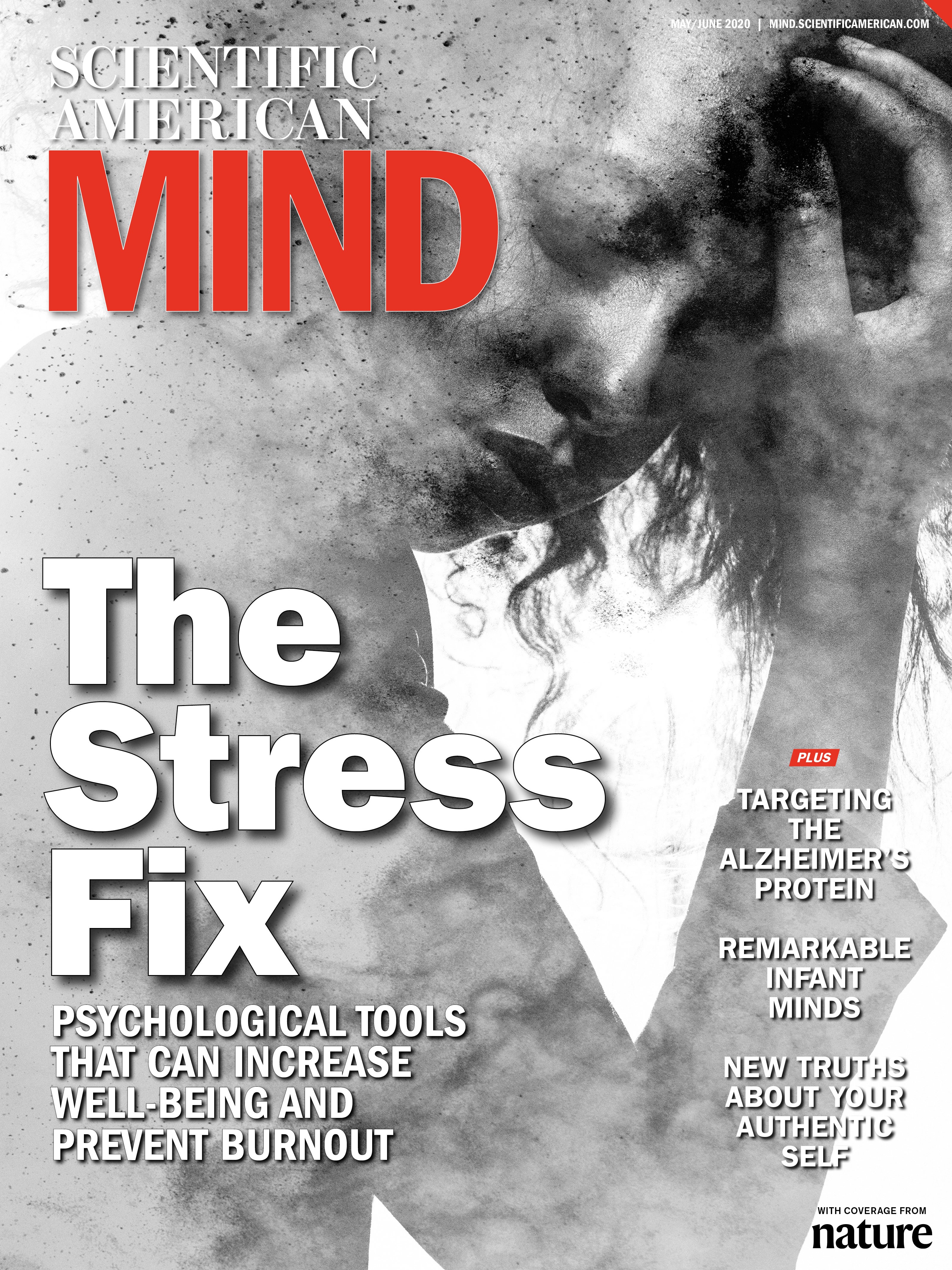




Comments
Post a Comment